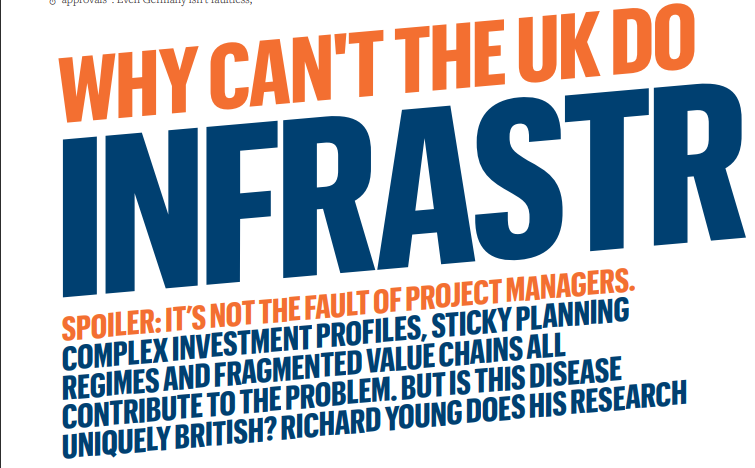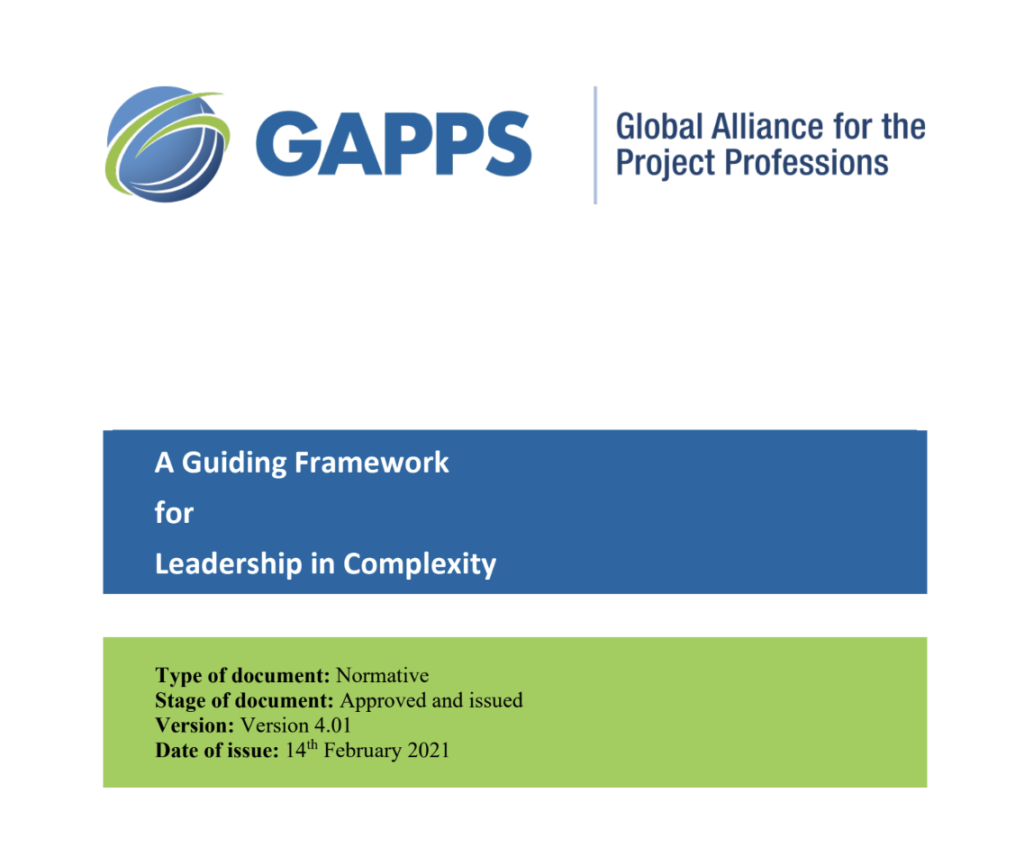
Thinking Strategically
Strategic management. You’ve probably heard it a thousand times. It’s been a buzzword in the projectmanagement domain for years now. But this article’s aim is not to add to that pool.
What does it mean to be strategic?
As a budding project manager, the term “strategic management” flooded my mind with pictures of elaborate charts, plans, fat documents, frameworks and the most popular phrase of all, “thinking outside the box”.
Sadly, it took me a lot of failed conformity attempts and needless headaches to realise the truth. Though planning, thinking, managing and leading are all elements of strategic planning, it is not so complicated to understand, in hindsight.
Like me, many budding managers are also lost in the maze of heavy terminologies. So, here is something to help you.
While there are several definitions of strategic management, I like Richard Rumelt’s version; a good strategy is a set of actions that is credible, coherent and focused on overcoming the biggest hurdle(s) in achieving a particular objective.
In his definition, Rumelt highlights 4 major elements of Strategic management:
- Achieving a particular objective: Managers and their team members must have the same picture of what project success looks like.
- Set of actions: A solid plan must be present.
- Credible and coherent: The plan should be achievable and realistic. It must make practical sense to the people involved and must be in tandem with their objectives.
- Focused on overcoming the biggest hurdle(s): The best plans are those that anticipate challenges and neutralize them upfront. There should also be resources channelled to neutralizing these challenges.
Now that you know what Strategic Management entails, how do you become strategic in your thinking and approach? You mustn’t be a strategic manager to be a strategic thinker but you must be a strategic thinker to be a strategic manager, a successful one. Here’s how.
- Define what success means to you and your team and always keep that picture in mind.
- Define the specific problems you are solving and for whom.
- Be an essentialist. Borrowing Greg McKeown’s language, an essentialist has mastered the art of saying “No” to a thousand good things, to focus on one or a few great things. It means choosing the vital few over the trivial many.
To be strategic in your thinking, clarity, discipline and focus are non-negotiables.






